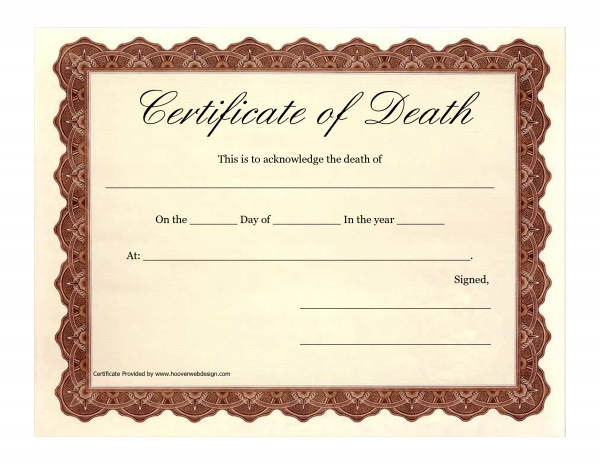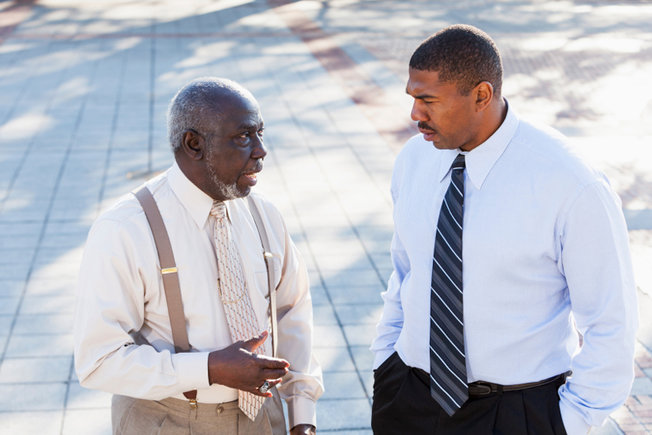A checklist of responsibilities for survivors after a death
After the death of a loved one, you might find yourself overwhelmed with the tasks that need to be done. While your grief can make it difficult to focus on these priorities and take action, there are several things that need to be done immediately after a death occurs, and in the weeks/months that follow. This article offers a simple checklist-style overview for survivor’s to help you prioritize and keep track of what needs to be done after the death of a loved one.
-
At the Time of Death, Make the Right Call
For deaths that occur at home, it’s important to know who to call. If your loved one is a hospice patient, call the hospice agency to report the death. A hospice nurse will come to the home and pronounce the death. The nurse might also call a mortuary for you and arrange for pick up of the body.
If your loved one is not a hospice patient, then you must call emergency services to notify the local police or sheriff of the death. A coroner or medical examiner might also be required at the scene if the death was sudden or unexpected.
-
Contact a Funeral Home
Whether a hospice nurse makes the call or you call yourself, a funeral home must be contacted to arrange for pick-up of the deceased’s body. If funeral arrangements have been made in advance of the death, all you will need to do is confirm the arrangements with the funeral director. If no funeral arrangements were made in advance, you will need to begin planning a funeral.
Determine if your loved one made any arrangements for a funeral or memorial service. If he or she did not make any advance arrangements, then begin to plan the funeral or memorial service. You might want to call on relatives or close friends to assist in making these arrangements. More »
-
Contact Attorney, Accountant and/or Executor of Estate
-
Contact Employer (if applicable)
Ask about any outstanding compensation due. Find out whether dependents (if any) are still eligible for health and/or insurance benefits and whether there is a life-insurance policy through the company.
-
Contact Social Security
Contact Social Security and any other agency that might be making monthly payments to the deceased. The Social Security Administration (SSA) phone number is 1-800-772-1213 (TTY 1-800-325-0778) or you can visit the SSA website for more information. Find out if survivors are entitled to any further benefits.
-
Contact the Veterans Administration
If your loved one served in the Armed Forces, the Veterans Administration (VA)might offer benefits for funeral or burial costs. Stop any monthly payments that the VA might be paying the deceased.
-
Contact Life-insurance Companies and File a Claim
-
Notify Credit-card Companies and Pay Off Balances
-
Discontinue Utilities (if applicable)
-
Stop Subscriptions of Newspapers, Magazines, etc.
-
Forward Mail at the Post Office (if applicable)
-
Find Estate Documents
Locate and review any estate documents, including a will, trust and power of attorney.
-
Locate Important Financial Documents
Some financial documents to look for include:
- stock certificates
- title documents
- bearer bonds
- bank statements
- brokerage statements
- deeds
- prenuptial agreement
-
Collect Asset and Liability Information
Examples of assets include life-insurance policies, bank accounts, investment accounts, real-estate ownership, retirement accounts, business ownership, etc.
Liabilities might include mortgages, owed taxes, credit-card debt, unpaid bills, etc.
-
Inventory and Distribute Personal Belongings
You might want the help of family members and/or close friends for this task. Determine which of the deceased’s belongings to keep, which to distribute to family and friends, and which to donate or sell.
-
File the Deceased’s Final Tax Return
Complete Article HERE!











